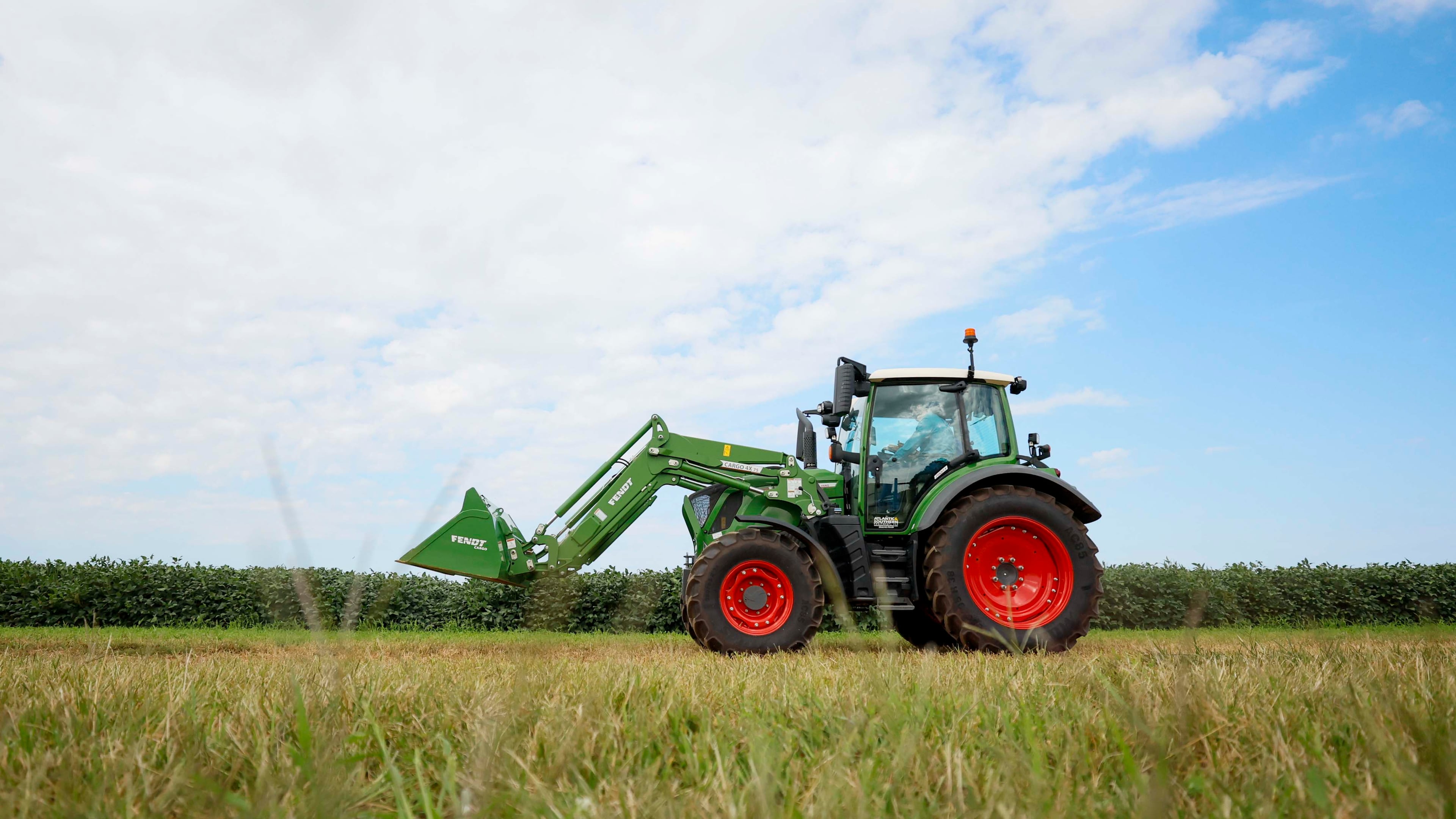Metro Atlanta Fortune 500 is keeping its HQ in Gwinnett. Here’s why.

One of America’s largest agriculture companies first planted its flag in metro Atlanta in 1990.
Now, 35 years later, AGCO says it’s sticking around long term, renewing its lease in Duluth, touting its access to talent as a major reason why.
The Fortune 500 tractor-maker and farm equipment juggernaut confirmed to The Atlanta Journal-Constitution it recently resigned a lease for its Duluth headquarters, where it employs about 500 people.
Eric Hansotia, AGCO’s CEO, said the roughly 126,000-square-foot corporate campus off River Green Parkway has treated his company well, especially as a hub for cultivating a robust workforce.
“We get good access to talent here with (Georgia’s) university system,” he said. “And we can draw talent globally into this area.”

He said the building’s lease was coming up for renewal, prompting a reevaluation of the company’s office needs. He said the ground remains fertile in Gwinnett County, a decision that thrilled the area’s business leaders.
“The decision to maintain their current global and North American headquarters underscores the strength of our community as a hub for innovation, collaboration and economic growth,” Kevin Carmichael, senior vice president of economic development for Partnership Gwinnett, said in a statement.
AGCO signed a 15-year lease. Other terms were not disclosed.
The lease resigning comes amid a tumultuous time for metro Atlanta’s office market, which is still trying to replant stable roots after the onset of COVID-19 five years ago.
The pandemic prompted companies to rethink their workplace needs in a world where remote and hybrid work schedules had become commonplace. The Atlanta area has grappled with record amounts of vacant and unwanted office space since then, even though leasing momentum has begun to rebound in recent quarters as more companies are requiring workers to return to their desks. AGCO’s hybrid policy includes at least three days in the office.

AGCO has also undergone a busy past few years as a company.
The company in 2023 announced a $2 billion joint technology venture with Trimble to boost its automated and precision farming offerings. The following year, AGCO sold its grain and protein division to American Industrial Partners for $700 million, which Hansotia said will allow his company to remain more focused on its technology growth goals.
“We felt it was a bit of a distraction,” he said of the grain and protein division. “It was better in the hands of someone else. That allows us to better focus on precision ag.”
In July, the company also reached an agreement with Indian-owned Tractors and Farm Equipment Limited, resolving a yearslong dispute between AGCO and its former largest shareholder.
During the second quarter, AGCO reported $2.6 billion in net sales, a nearly 19% decrease from the same time last year. (The grain and protein division sale took place in 2024’s second quarter). The company in July also announced a $1 billion share repurchase program.
America’s agriculture sector is facing headwinds that include declining commodity prices, higher seed and fertilizer costs, rapid changes to global trade and persistent labor shortages. Devastating storms like Hurricane Helene, which wreaked havoc on South Georgia farms, have also burdened farmers.

Hansotia said those challenges, including the fast-changing tariff landscape, have most companies in a holding pattern.
“Uncertainty is still high, so until you can have clarity on where all of this is going to land, you don’t make long-term investments,” he said.
AGCO currently has about 24,000 global employees and has a large corporate presence in Europe and South America. Hansotia said the North American market is his company’s most ripe market for growth, an effort buoyed by the Gwinnett headquarters.
“We have good connectivity to farming in the area,” he said. “ … There’s a lot of advantages, and we’ve had good luck here.”



